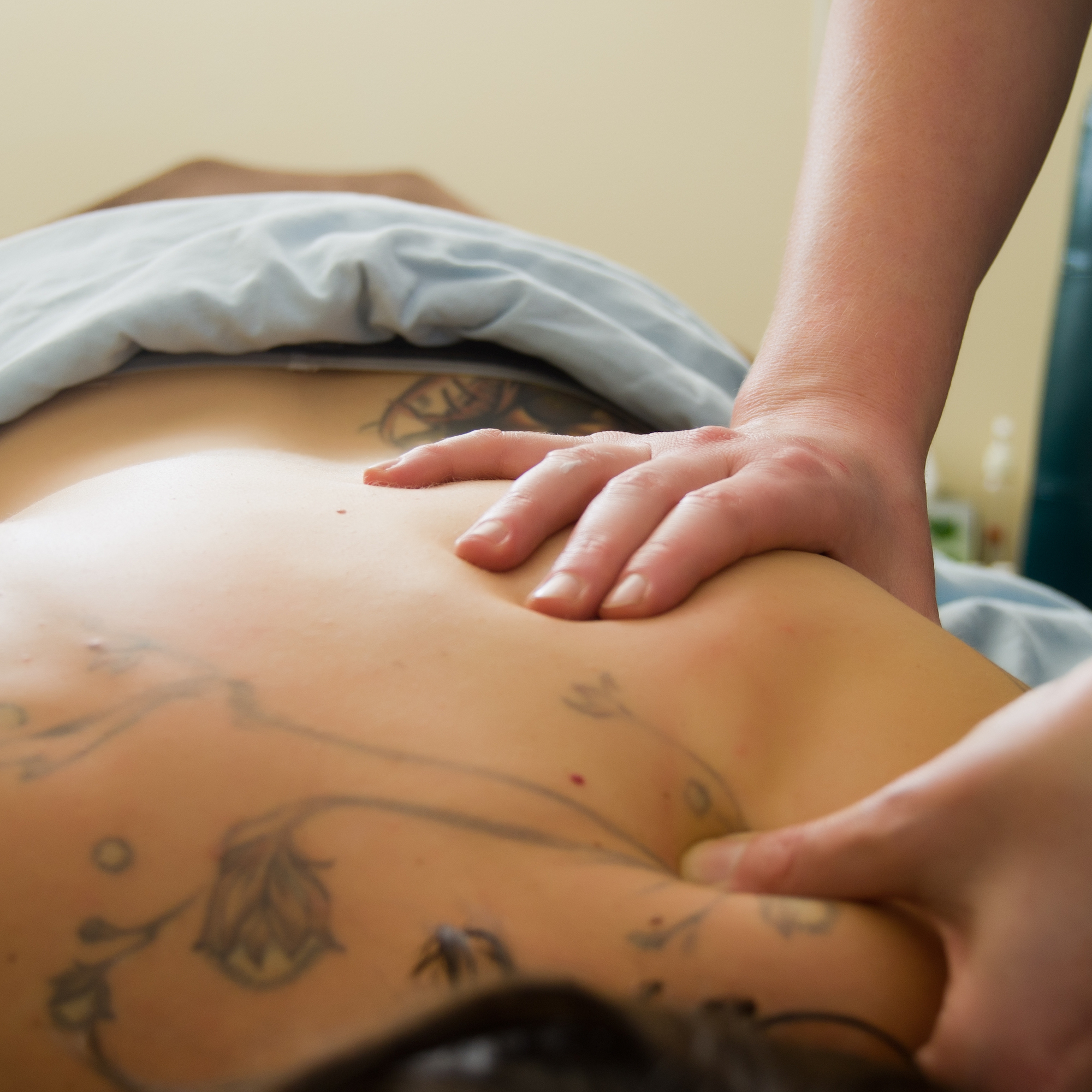Massage Therapy is an umbrella term that refers to many approaches and modalities that all work with the musculoskeletal system to reduce pain & tension and improve mobility. At WW we combine therapeutic and more relaxation oriented techniques in a way that benefits a wide variety of conditions
All kinds of chronic musculoskeletal pain from most sources can be helped by massage therapy
Repetitive stress injuries, injuries from car accidents and pain & mobility issues post-surgery
Massage therapy is well known for its relaxation benefits, and it has been shown to reduce stress
Migraines and headaches that come from muscle tension and skeletal misalignment
Massage therapy can improve blood and lymphatic circulation throughout the body
Research is continually being done to demonstrate the many benefits of massage therapy
Blog : Massage Therapy for Stress Relief - It works!
By Amanda Barp, LMT
Podcast : Non-judgment in Healthcare
By Eric Grey & Amanda Barp
Blog : How to get the best Massage Possible
By Amanda Barp, LMT
